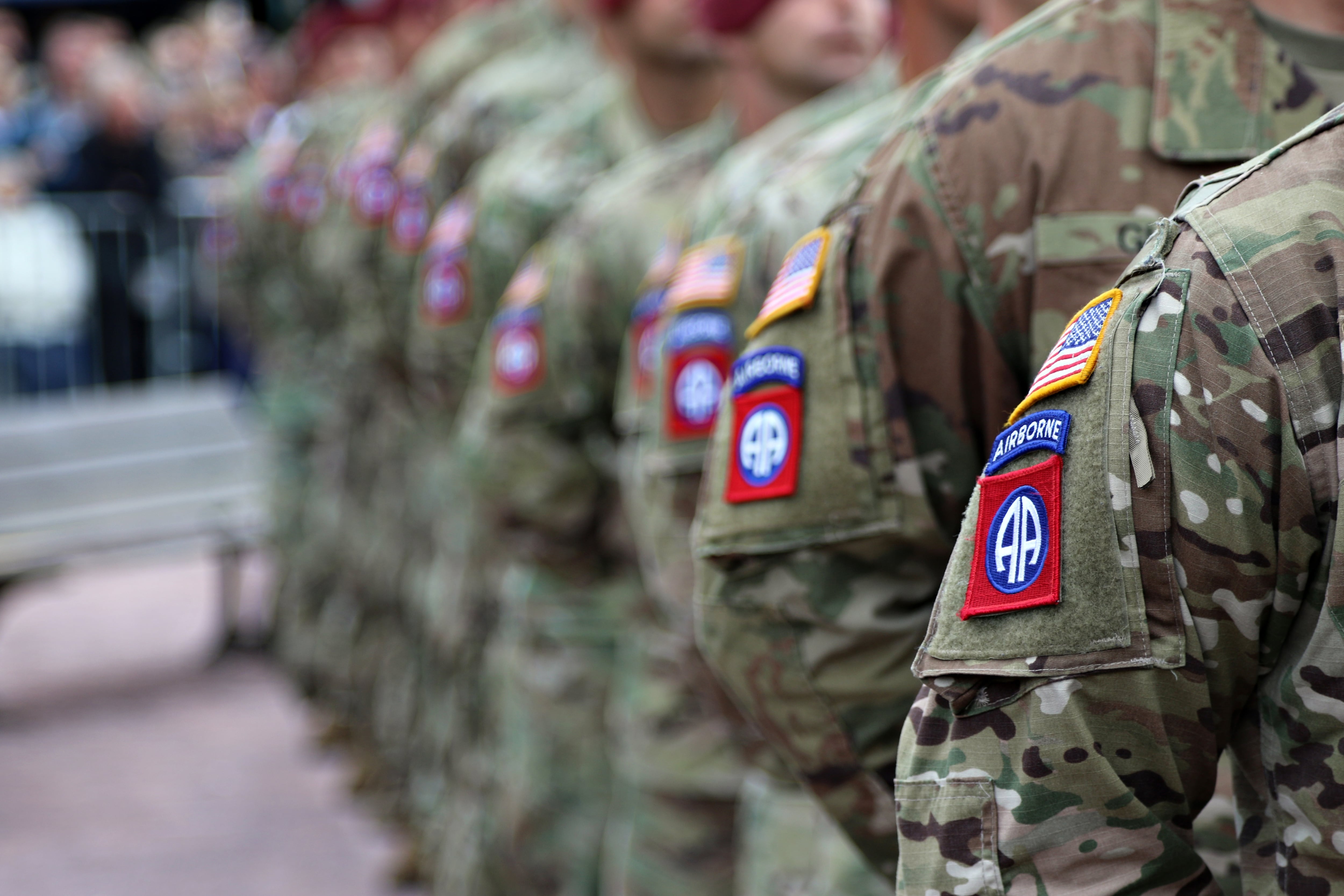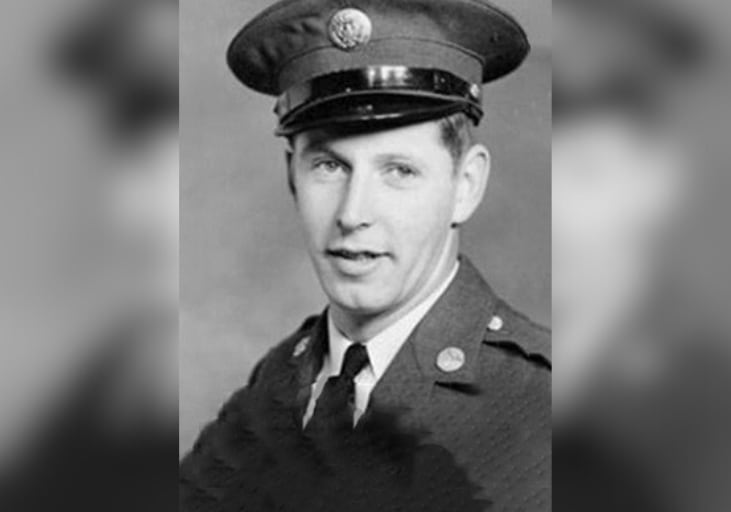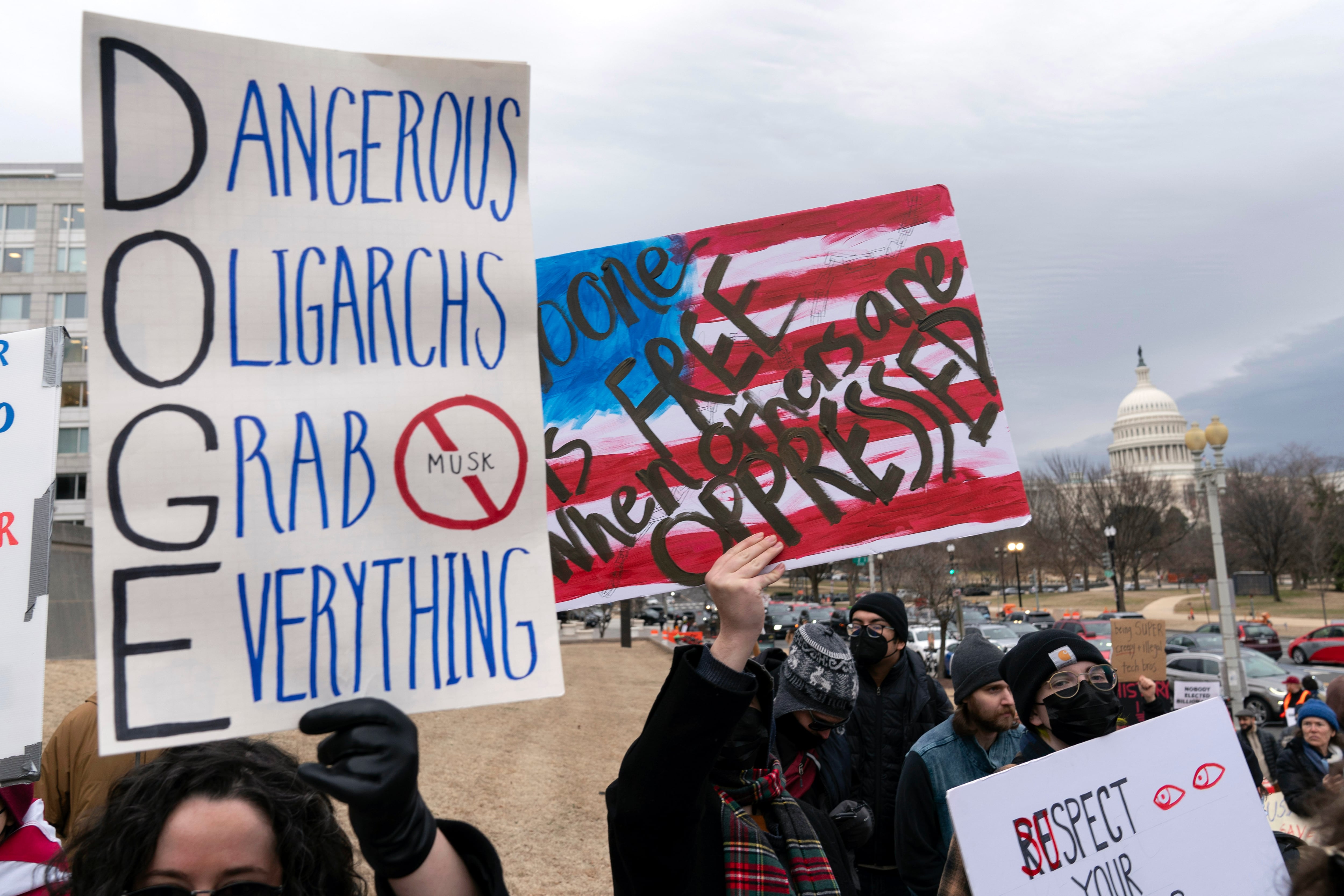Obama's deputy national security adviser, Ben Rhodes, connected the dots further, saying it was Putin who was responsible for the Russian government's actions.
"I don't think things happen in the Russian government of this consequence without Vladimir Putin knowing about it," Rhodes said on MSNBC.
The explosive accusation paints Putin, the leader of perhaps the nation's greatest geopolitical foe, as having directly undermined U.S. democracy. U.S. officials have not contended, however, that Trump would have been defeated by Hillary Clinton on Nov. 8 if not for Russia's assistance. Nor has there has been any indication of tampering with the vote-counting.
The Kremlin flatly rejected the claim of Putin's involvement, with Putin spokesman Dmitry Peskov dismissing it Thursday as "laughable nonsense."
The dispute over Russia's role is fueling an increasingly public spat between Obama's White House and Trump's team that is threatening to spoil the delicate truce that Obama and Trump have forged since Election Day.
Although the president and president-elect have avoided criticizing each other publicly since Trump's win, their aides have been more openly antagonistic. Kellyanne Conway, Trump's senior transition adviser, said it was "breathtaking" and irresponsible that the White House had suggested Trump knew Russia was interfering to help his campaign.
That led Obama spokesman Josh Earnest on Thursday to unload, arguing that Trump, who has dismissed the CIA's assessment of Russian interference, should spend less time attacking the intelligence community and more time supporting the investigation that Obama has ordered.
Earnest said it was "obvious" Trump knew what Russia was doing during the campaign, pointing out that Trump had encouraged Moscow during a news conference to find Clinton's missing emails. Trump has said he was joking.
"I don't think anybody at the White House thinks it's funny that an adversary of the United States engaged in malicious cyber activity to destabilize our democracy," Earnest said. "That's not a joke."
U.S. intelligence officials have linked the hacking to Russia's intelligence agency and its military intelligence division. Moscow has denied all accusations that it orchestrated the hacking of email accounts of Democratic Party officials and Clinton's campaign chief, John Podesta, and then leaked them to the anti-secrecy website WikiLeaks.
Trump and his supporters insist the Democrats' outrage about Russia is really an attempt to undermine the validity of his election victory. Rep. Peter King, a Trump ally and New York Republican, called it "disgraceful" as he spoke to reporters amassed in Trump Tower after meeting with the president-elect.
"Right now, certain elements of the media, certain elements of the intelligence community and certain politicians are really doing the work of the Russians," King said.
Still, Democrats pounced on the latest suggestions of Putin being connected to the daily drip of emails during the presidential race from some of Clinton's closest advisers.
Putin was "clearly involved," said outgoing Senate Minority Leader Harry Reid.
"Having been the former head of the KGB, does that surprise you?" Reid said. "And does it surprise anybody today when he denied it?"
Reid's comments echoed those of Sen. Dianne Feinstein of California, the top Democrat on the Senate intelligence committee, who said Wednesday it's hard to think that Putin didn't know about the operation. She called suggestions that he was aware of the hacking "very credible."
There has been no specific, persuasive evidence shared publicly about the extent of Putin's role or knowledge of the hackings. That lack of proof undercuts Democrats' strategy to portray Putin's involvement as irrefutable evidence of a directed Russian government plot to undermine America's democratic system.
Secretary of State John Kerry defended Obama's handling of the issue during the heat of the presidential campaign — a stance now criticized by some Democrats as too weak — but said he wouldn't comment on whether Putin was involved.
"People need to remember that the president issued a warning," Kerry said. "But he had to be obviously sensitive to not being viewed as interfering on behalf of a candidate or against a candidate or in a way that promoted unrealistic assessments about what was happening."





